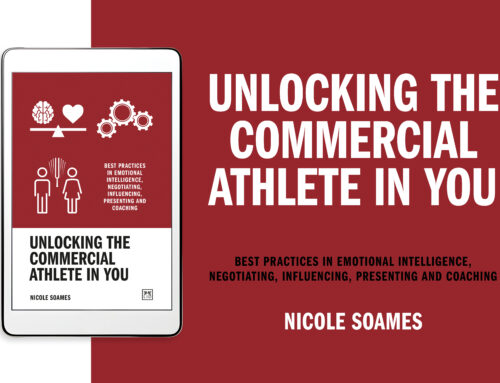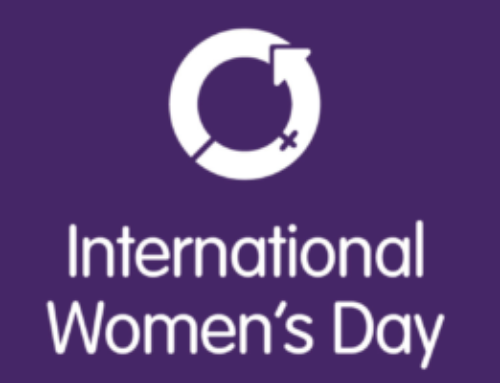The theme of this year’s International Women’s Day is #inspireinclusion. A powerful reminder to us all of the need to actively champion inclusion and foster diversity. It’s only by working together collectively that we can create a society where everyone feels valued and respected, regardless of gender, ethnicity, age or background.
Role modelling is a powerful tool to help you inspire inclusion. You don’t just need to be a leader or manager to role model inclusive behaviour. Whatever your job title, choose to lead by example and follow the steps below to discover how role modelling can help you inspire others.
Speak up
A powerful way to role model inclusion is to share your story. Having open and honest conversations about your personal experiences can help others recognise they are not alone. As the saying goes, you can’t be who you can’t see. Demonstrating how you have tackled discrimination or overcome barriers can give others the confidence to do the same.
Empower others
Actions can speak louder than words. Great role models create opportunities for people from all backgrounds to succeed. This could be mentoring employees from underrepresented groups to help them navigate their career. By taking the initiative and creating inclusive areas where people feel free to share their thoughts and beliefs, you will foster an environment that celebrate the benefits that diversity brings.
Recognise unconscious bias
Whether we like it or not, human beings are hard-wired to make snap judgements. It’s these deeply engrained preconceptions and prejudices, formed from our upbringing and experiences, that can affect our behaviour and lead to discrimination. The secret to role modelling inclusive behaviour is to acknowledge your own unconscious bias and take steps to manage it. Strong role models accept they have blind-spots but are open to feedback. By showing you are prepared to learn from your mistakes and change your behaviour going forward, you will inspire others to do the same.
Call out unacceptable behaviour
In today’s society, we should expect that diversity and inclusion is the norm and challenge any behaviour that undermines this. Choosing to turn a blind eye and not say anything can validate the other person’s unacceptable behaviour. By speaking up and taking action, you will give others the confidence to call out incidents of bias and discrimination.
By following the steps above this International Women’s Day and committing to inspire inclusion, we can all play a powerful role in forging a world free of bias, stereotypes and discrimination.



